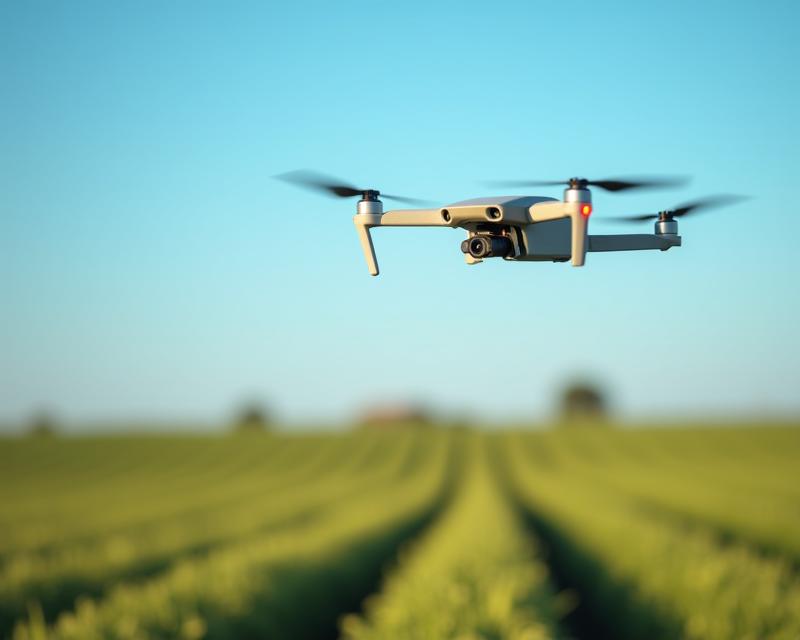Drone Laws for Farmers: Staying Compliant
Publish in Sustainable Farming el 05/07/2025 02:22
Drone Laws for Farmers: Staying Compliant
Drones are rapidly changing the way farmers manage their land. From crop monitoring to livestock tracking, these aerial helpers offer incredible benefits. But with great power comes great responsibility – and a whole lot of regulations! Understanding and following drone laws is crucial for avoiding fines and ensuring safe operations. This guide breaks down the key compliance strategies for farmers and drone operators.

Understanding the Basics
Drone laws vary significantly depending on your location – whether it's your state, country, or even local municipality. Generally, regulations cover areas like registration, pilot certification, operational restrictions (like altitude limits and no-fly zones), and privacy concerns. In the US, the FAA (Federal Aviation Administration) sets the national standards. It's your responsibility to know the rules where you're flying.
Compliance Strategies for Farmers
- Register Your Drone: Most drones weighing over a certain amount (usually 0.55 lbs) need to be registered with the relevant aviation authority.
- Pilot Certification: Depending on the drone's weight and intended use, you might need to pass a knowledge test and obtain a pilot certificate (like the FAA's Part 107 in the US).
- Know No-Fly Zones: Avoid flying near airports, military installations, prisons, and other restricted areas. Apps and online tools can help you identify these zones.
- Respect Privacy: Don't use your drone to record or photograph people without their consent. Be mindful of your neighbors and avoid flying over private property without permission.
- Maintain Your Drone: Regular maintenance is key to safe operation. Check batteries, propellers, and other components before each flight.
Resources for Staying Informed
Staying up-to-date with drone regulations can feel overwhelming, but there are resources available to help. The FAA website (faa.gov) is a great starting point for US-based farmers. Your local agricultural extension office can also provide information on state and local regulations. Many drone manufacturers also offer resources on compliance.
Investing a little time in understanding and adhering to drone laws will allow you to safely and effectively utilize this technology to improve your farm operations. It’s an investment in your farm’s future and a responsible approach to using these powerful tools.





